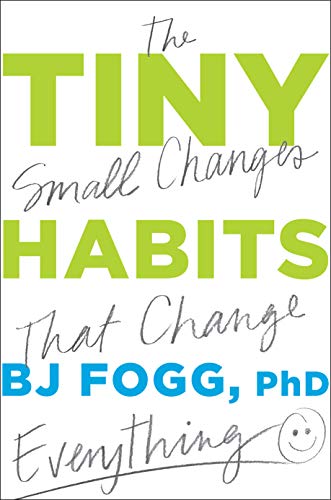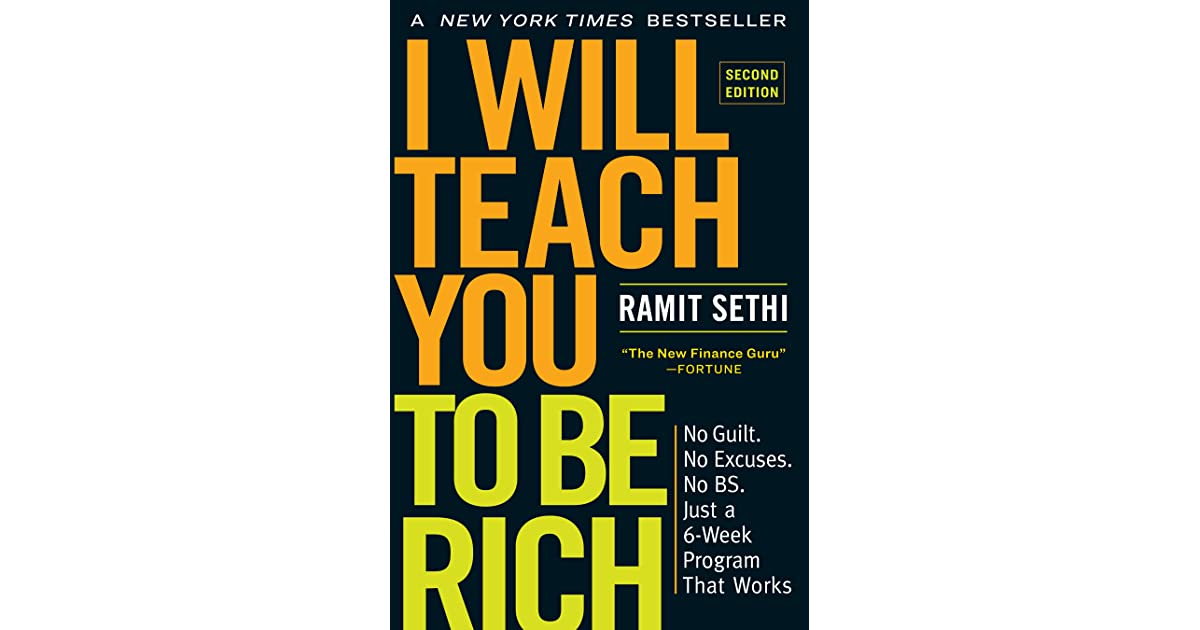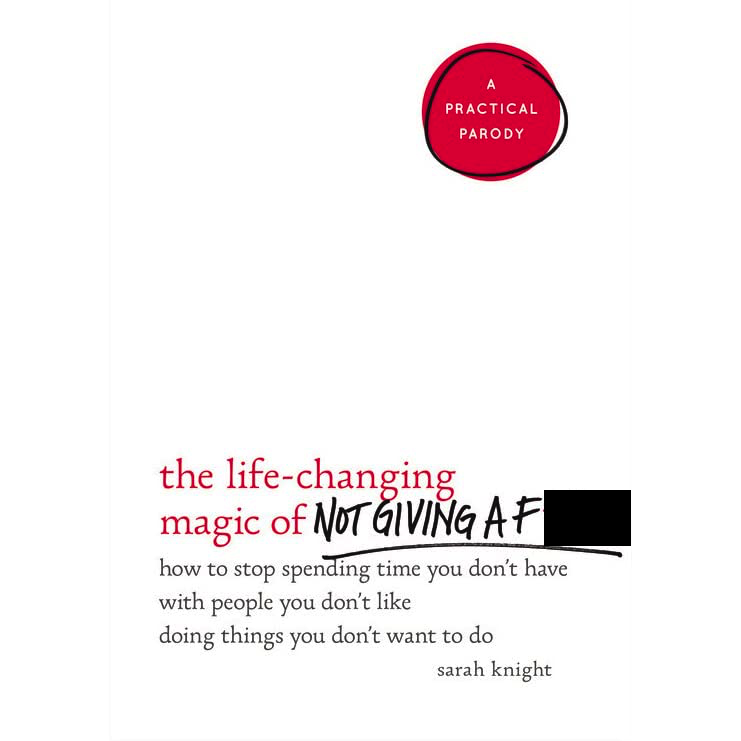There are a couple of underlying principles that make Fuck Feelings revolutionary in the self-help world: The first one is that many of life’s problems are totally inevitable.
This is a huge step outside of other self-help books that constantly give you this feeling that you can fix all of your problems–that your life tomorrow will be amazing if you just do one simple thing (you know, one simple thing that’s stretched out over 200 pages).
Fuck Feelings doesn’t promise this. Instead, Fuck Feelings watches as life punches you in the genitals and says, “Yeah, no. That’s gonna happen sometimes.”
It doesn’t guarantee that you can live an amazing life in spite of it, or that you too can be a bagillionaire underwear model who never knows the pain of a shot to the gonads. It simply shows ways to manage your life’s dick-punches in a healthier way.
Co-written by a psychologist and his comedy-writing daughter, “Fuck Feelings” is not making the argument that, “Feelings are terrible. Stop feeling them.”
What’s it’s saying is that life is going to rain shit on you sometimes, and for this (and many of life’s other problems) there is nothing you can do about it. You’re entitled to feel how you want about that those shitdrops, but ultimately your feelings are irrelevant. Telling other people about your shitdrops in hopes of pity is also irrelevant. Wishing that the shitdrops would go away? A big heaping cup of irrelevant.
What matters is how you manage that shitstorm. How can you obtain an umbrella that shields you from shit? What will be your best form of transit during the shitstorm? How can you accept the shitstorm’s existence well enough to get used to the smell?
So sure, feel what you need to feel about life’s unavoidable problems–you’re going to regardless of what you’re told (that’s kind of how feelings work). But we need to stop allowing the feelings to have a say in our action, and to stop wishing for solutions that aren’t there.
Stop wishing that you’re not addicted, or depressed, or that your aunt isn’t a total bitch. It’s a total waste of energy. These things are the way they are.
The focus shouldn’t be on fixing unfixable problems, but on accepting them, and living on as best you can anyway. This rips some of the problem’s power away, and allows you to trudge ahead through your shitstorm.
Now with all of this said, of course some of life’s problems aren’t inevitable, and are fixable.
And for these problems, definitely fuck your feelings. It doesn’t matter how in love you feelwith your abusive boyfriend. The relationship is bad for you. Get out of it. It doesn’t matter how you feel about wanting another eight burgers. You’re being gross. Stop. It doesn’t matter how your five-year-old feels about wanting to draw pictures of dead animals on your wall. He’s costing you hundreds of dollars in paint (which is really going to add to the cost of all of that therapy he needs.).
The second revolutionary principle isn’t so much a principle of the book as much as it is an assumption–but one that is a breath of fresh air. It’s this:
PEOPLE ARE DIFFERENT FROM EACH OTHER.
This may not seem like a revolutionary idea, but in the self-help world, it is.
You see, in order for self-help books to sell a lot, and to try to appeal to as many people as possible, they tend to do all they can to make it “one-size-fits-all.” They promise solutions that will definitely work for the reader they’ve never met. In doing this, they accidentally tell spoiled people to treat themselves, and active people to exercise more, and dipshits to think less.
It’s insane when you think about it. It’s like sending a pair of overalls you found in a dumpster to a randomly chosen address with a note attached saying, “These will look hot on you. Now give me twelve dollars.”
Fuck Feelings, on the other hand, lists many possible scenarios for all of the problems you run into. It finds uniting principles that bring them together, but doesn’t assume that every problem is the same.
This also means that, in accordance with the first guiding principle, you don’t need to kill yourself trying to fix everything wrong about yourself. As the book says, some people just aren’t wired right, and the more you try to fix your faulty wiring, the more you’re going to feel like a failure.
If instead, you accept, “Yeah, I stutter sometimes,” or “Yeah I get nervous easily,” or “Yeah, I have a third nipple,” you can learn to feel a lot better about your problems, and focus on fixing the things that you actually can.
Give Yourself Credit
If there is one main “solution” to most problems hammered into you throughout the book, it’s to do the best you can, and to really respect yourself for doing so.
You probably can’t help a lot of things about your emotionally abusive mother, but you can deal with her in the most effective, mature way possible, and feel good about the fact that you did so.
This is the closest thing to positive reinforcement this book gives you, but it’s really crucial as a lesson for life: Stop pining for results you can’t control and just do your God damn best.
That’s what defines success: not how much you made, or how happy you are, or what others think of you, but how well you did, and how honorable and mature you remained considering the assholes around you, your debt to the world, and your stupid, awful brain.
Weaknesses
One of the book’s weaknesses is one of my favorite weaknesses a book can have: It can easily be misinterpreted by idiots.
If you just read the title of the book and the chapters, or if that’s the part of the book that you remember, you could take away the wrong message.
For example, the book’s first chapter is titled, “Fuck Self-Improvement.” This is an attempt to continue on with the book’s general motif, but it turns out to be very misleading.
After all, this entire book is about self-improvement. Just because it doesn’t show you how to fix problems that you want to fix, doesn’t mean it doesn’t improve your life. It does. Managing the shitstorm better is still a way of improving yourself, and if you aren’t able to delineate between those two things, you may think that all of your problems aren’t worth fixing.
For instance, if you find yourself mentally undressing every woman you see, and you’ve found yourself utterly unable to change that, you might accept all of that as part of your personality. You might also continue to drool and bark at attractive women (Side note: I once actually saw this.), because “Hey, that’s who I am.”
In reality, self-improvement is crucial here. You should seek it out. If you have a fucked up, perverted brain, and you’re able to keep those thoughts inside, and not catcall women with lines like, “Yo baby, I bet your ass smell like cherries,” give yourself a gold star.
There are other little problems too. The humor in the book is hit and miss, and there is a downside to recognizing that people are different. It’s that you give many examples for every scenario and end up with a 384-page book that can be largely summed up with, “Hey, don’t listen to your feelings so fucking much,” which you know, is kind of overkill.
But if you’re not an idiot, you can get past all of that, and read a great book about managing life’s problems. This is of course unfortunate because, like most self-help books, this one would be best read by idiots, and idiots tend to not read.
Oh well. Just another one of life’s inevitable problems. Good thing I’ve got my umbrella.











